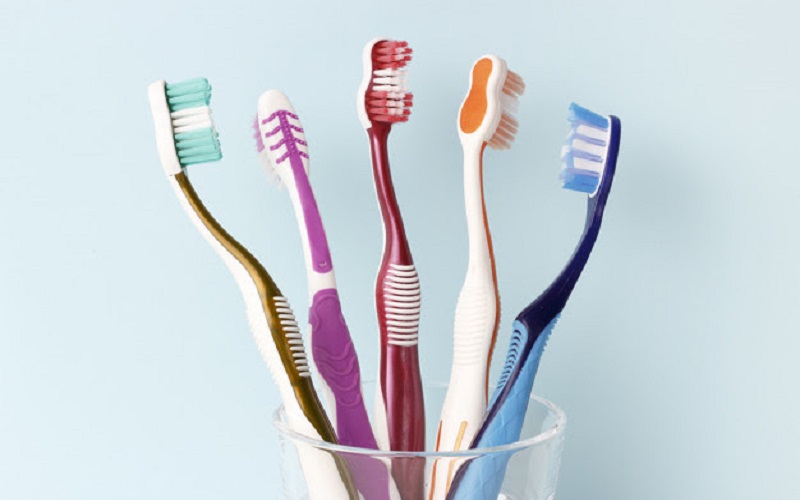“Brush your teeth twice a day” – This is one statement that we have been hearing since we were kids. However, as another old adage says “a workman is only as good as his tools” – it becomes important to choose the right toothbrush to ensure an excellent oral health regime.
With markets saturated with different types of toothbrushes making all kinds of claims about how they help you, it becomes difficult to find the right toothbrush for your unique dental needs.
When choosing a toothbrush, it’s important to keep several factors in mind such as:
- Bristle Type
- Overall Shape
- Quality
- Comfort
The primary purpose of a toothbrush is to strike out the remnants of food particles and plaque from your teeth and gums. Therefore, it is essential that your toothbrush can get into hard-to-reach places. This means that a toothbrush with a small head is more effective and highly recommended.
Choosing the head size of your toothbrush has nothing to do with a person’s age or gender. When you pick a toothbrush with a small head, it allows you to reach every nook and corner of the mouth. Moreover, contrary to popular belief, a brush with soft bristles is considered best as it can effectively remove plaque and food particles from your teeth.
Electric Toothbrush or Manual Toothbrush?
Many electric toothbrushes come with numerous recommendations and have compelling statistics displaying their effectiveness. However, manual toothbrushes are just as effective as their other counterparts when used correctly.
While both toothbrushes are effective, people with disabilities or arthritis may find electric toothbrushes more helpful as the motor skills required to operate them are far easier to manage.
Does the Shape of Your Toothbrush Matter?
When it comes to choosing the shape of your toothbrush, there’s no standard pick. It doesn’t matter if the toothbrush is oval or rectangular, you should go for the one that fits comfortably in your mouth.
Bristle Design and Firmness
When it comes to choosing the brush, bristle design plays an important role. There are several types of toothbrushes with varying size bristles, making it more convenient to get into deeper gaps between teeth.
Hard or soft bristles is a common debate among many consumers, with several people wrongly believing that firm bristles do a better job. However, most people don’t know that firm bristles can actually do more damage to your teeth and gums.
It is therefore essential to opt for soft bristles as it is just as effective at cleaning your teeth, and does so without contributing to a receding gum line.


